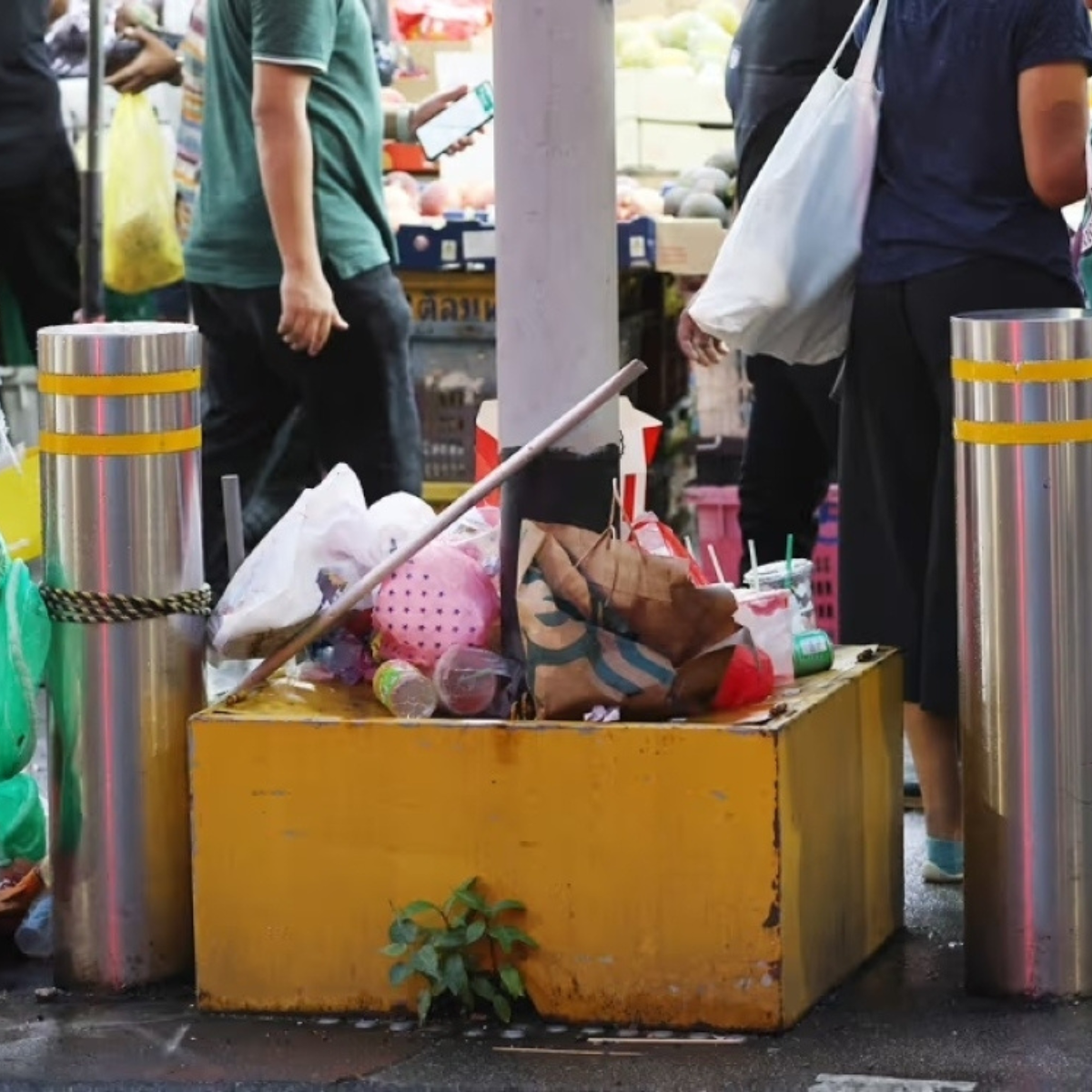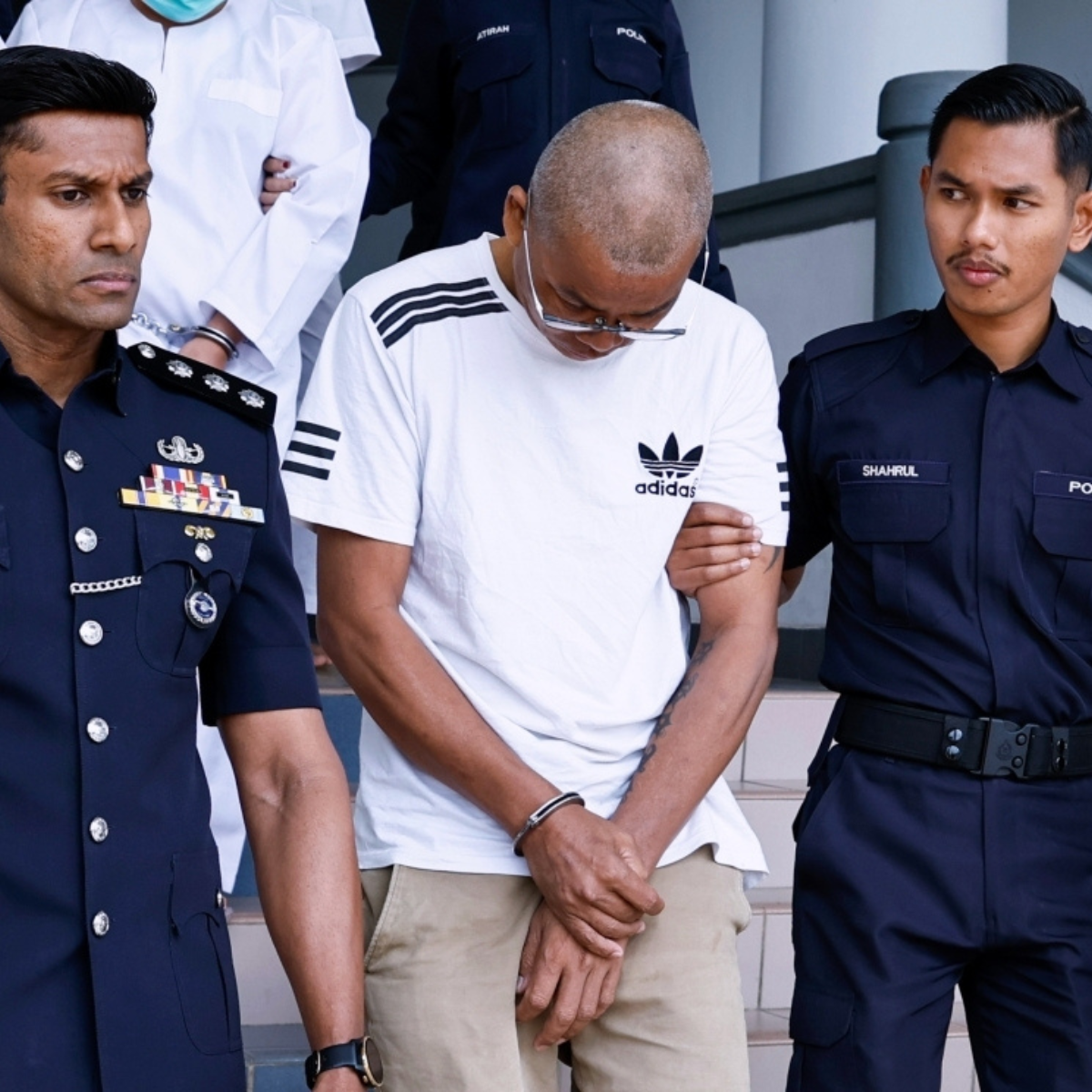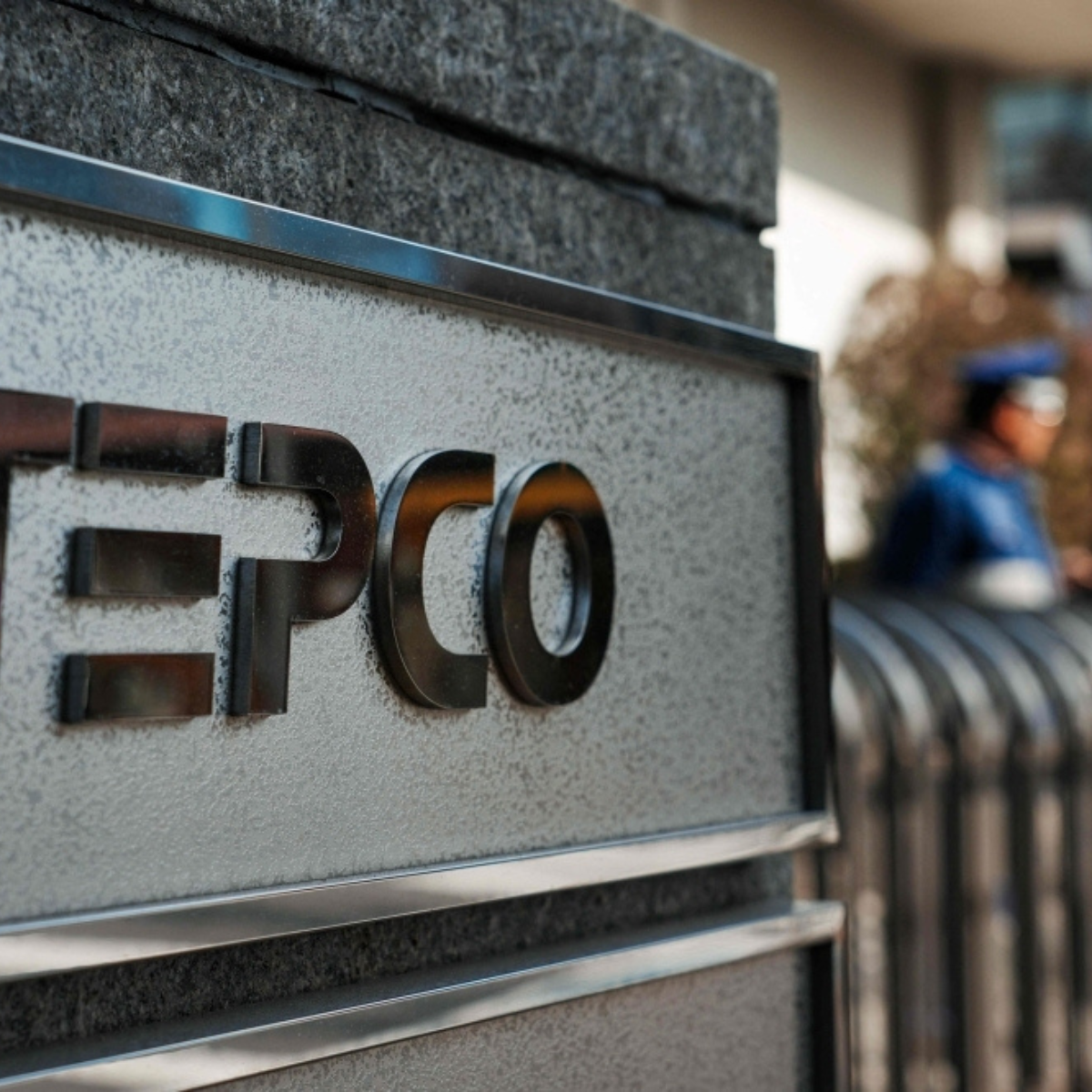KUALA LUMPUR, Jan 23 — Two foreign nationals have become the first individuals in Malaysia to be charged in court for littering under the newly enforced anti-littering law, according to a report by The Star.
KUALA LUMPUR, May 20 — As chair of ASEAN, Prime Minister Datuk Seri Anwar Ibrahim is firmly positioning both Malaysia and the regional bloc as pivotal forces within the Global South, advocating for a shift from global bipolar dominance to a more balanced multipolar world order based on equitable power-sharing.
During his diplomatic engagements—from South America to Southeast Asia, and most recently Russia—Anwar has consistently promoted stronger South-South cooperation to enhance economic and political influence, allowing emerging nations to chart their own paths rather than be steered by developed countries.
His call for a more empowered Global South aligns with the region’s growing economic and geopolitical influence. Representing 85 per cent of the world’s population and contributing over 40 per cent of global GDP—a figure that continues to rise—the Global South is increasingly demanding a larger role in shaping global systems.
Malaysia's deeper involvement in BRICS—a group of major emerging economies—further underscores this strategy. Now one of nine partner countries, Malaysia joins a platform that has expanded beyond its original five members (Brazil, Russia, India, China, and South Africa) to include Egypt, Ethiopia, Iran, and the United Arab Emirates, boosting the group’s global impact.
Anwar, who also serves as Finance Minister, stressed that Malaysia’s push within the Global South is grounded in the principle of a shared future, a concept that has resonated well with other leaders.
Speaking to Malaysian media during his visit to Russia where he met President Vladimir Putin, Anwar reaffirmed Malaysia’s commitment to expanding its regional and international partnerships amid a rapidly evolving geopolitical landscape. He emphasised that as an open economy, Malaysia must continuously seek new opportunities to safeguard its economic interests.
His message in Moscow mirrored sentiments shared during Chinese President Xi Jinping’s visit to Malaysia in April, where Anwar called for Global South unity in advocating for reforms in global institutions such as the International Monetary Fund (IMF) and World Trade Organisation (WTO).
Anwar believes both institutions must be restructured to support equitable trade practices and end systemic disadvantages faced by smaller nations.
“The rise of protectionism has begun, even among G20 nations that once championed free trade,” he said. “This is why we are calling on the IMF to reform the global financial architecture and for the WTO to uphold free trade without discrimination.”
He reiterated that Malaysia remains committed to inclusive development, regional cooperation, and open trade. “We will continue to pursue sustainable and inclusive approaches to peace and security, both regionally and globally.”
As ASEAN chair, Anwar said Malaysia intends to reinvigorate underutilised platforms such as ASEAN+3 (China, Japan, South Korea) and the East Asia Summit—the region’s only strategic forum bringing together competing powers for constructive dialogue.
The upcoming ASEAN-Gulf Cooperation Council (GCC) Summit, bringing together 10 Southeast Asian nations and six energy-rich Middle Eastern countries, is expected to further enhance Global South collaboration.
These platforms offer crucial opportunities to strengthen ties with key ASEAN trade partners and reinforce the bloc’s commitment to multilateralism, as ASEAN, BRICS, and the wider Global South stand united in their opposition to unilateralism. — Bernama






